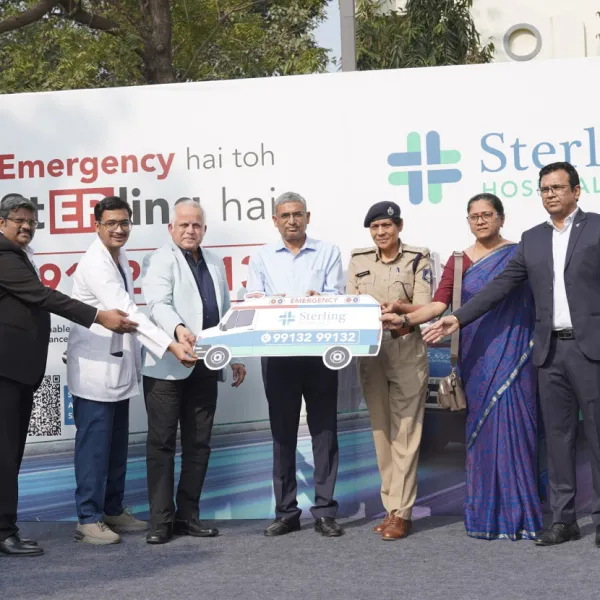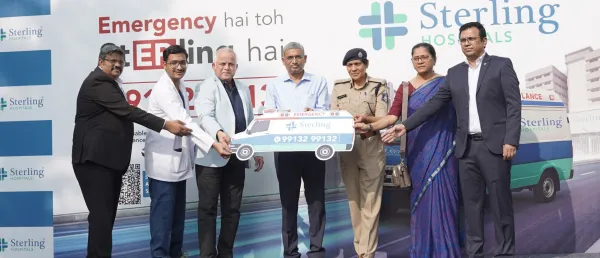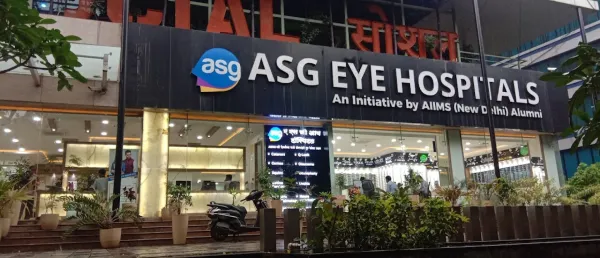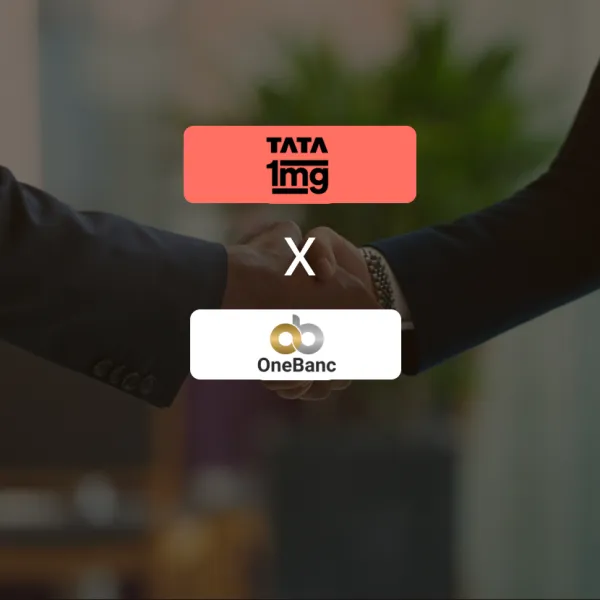"Data Is Not Just a Record, It's Responsibility": DHNFD Leaders on AI, Privacy & Purpose

At the recently concluded DHN Forum Delhi, a high-impact panel discussion brought together some of India’s leading healthcare innovators to dissect the evolving landscape of digital transformation in healthcare.
Moderated by industry veteran Sudeep Dey, CIO - Healthcare Global Enterprises Limited, the session featured insightful contributions from Praveen Bisht, CIO - Amrita Hospitals, Nanda Kishore, CIO - Continental Hospitals, and Prashant Vashisht, Group Chief Information Officer - Marengo Asia Healthcare, each a trailblazer in integrating technology with clinical and operational excellence.
As healthcare grapples with unprecedented demands for efficiency, data security, and patient-centric care, the panel delved into how digital tools reshape workflows, drive clinical research, manage claims, and safeguard sensitive data. Their candid insights underscored the crucial balance between technological advancement and human-centric change management, a balance that is essential for sustainable digital healthcare transformation.
From Claims to Clinical Efficiency: The Operational Impact of Digital Tools
Praveen Bisht highlighted the tangible benefits of digital integration on both business and clinical fronts. "Digital tools are not just automating claim management but fundamentally enhancing how we serve patients. For instance, our appointment booking system, powered by conversational AI, eliminates the need for human agents in initial scheduling, allowing patients to connect swiftly with the right specialist," he explained.
This operational boost extends beyond mere convenience; it drives a more effective healthcare ecosystem. According to him, the digital transformation journey is multi-dimensional, improving insurance payments processing, patient engagement, and clinical outcomes simultaneously.
Praveen elaborated that these efficiencies lead to measurable improvements in healthcare delivery. "This is not just operational convenience. It directly influences treatment efficacy by reducing wait times and streamlining patient flow."
Empowering Clinical Research through Data and AI
Nanda Kishore took the conversation deeper into how data underpins modern clinical research. "We have established an internal clinical research team that collaborates closely with physicians to curate a specialized data repository for research purposes," he shared. This approach ensures that research is targeted, precise, and aligned with clinical needs.
The panelist further emphasized the role of AI in enhancing research capabilities. "We recently integrated AI tools to create a chatbot that assists clinicians in querying data more effectively. This is a small but significant step toward precision research."
Nanda also stressed the importance of training and security in managing sensitive healthcare data. "We conduct frequent sessions on data privacy and run internal phishing simulations to keep awareness high among all staff levels — from doctors to technicians."
Mastering Change Management: From Resistance to Adoption
Addressing one of the thorniest issues in digital transformation, Vinay’s question on change management sparked practical insights from the panel. Praveen Bisht stressed a phased implementation strategy: "We don’t attempt to roll out new technology across the entire hospital at once. Instead, we pilot in one or two proactive departments, demonstrate success, and then scale."
Prashant Vashisht added a people-centric perspective. He said, "Change is constant, but acceptance depends on showing direct benefit to the users. We emphasize, ‘This is for you, not just the organization.’ When clinicians see the advantage for their work and patients, resistance melts away."
Sudeep Dey wrapped the discussion by underscoring stakeholder engagement: "Effective change management starts well before implementation with rigorous stakeholder analysis and communication. When users feel involved in building the solution, adoption accelerates."
He illustrated this with an example from Nasik, where a leading oncologist championed digital adoption after a concise, targeted presentation. "He became the poster boy for adoption, with compliance rates far exceeding the norm."
Fortifying Data Privacy and Cybersecurity in Healthcare
With healthcare’s growing reliance on digital data, the panel was unanimous on the critical importance of robust data protection measures. Nanda Kishore detailed their approach: "We operate our own on-premises data center and avoid cloud deployment for sensitive tools. Continuous staff education on data security is key to minimizing risks."
Praveen Bisht highlighted the evolving threat landscape. "AI-powered cyberattacks can mimic voices and create fake videos. We collaborate with university research groups specializing in cybersecurity, running vulnerability assessments and constantly upgrading our defenses."
He concluded with a realistic caution, "Security is a moving target — the attackers are getting smarter. We must stay one step ahead to protect patient data and maintain trust."
Evaluating and Onboarding Technology Partners: A Rigorous Process
In a sector flooded with tech startups, selecting the right partners is critical. Prashant Vashisht shared their rigorous evaluation process: "We start by assessing the value proposition — does this technology enhance patient care, clinical excellence, or operational efficiency? Only then do we proceed to stakeholder discussions and technical evaluations."
He recounted evaluating an AI tool that predicts cardiac and stroke risks, emphasizing a multi-layered vetting process including security checks like VAPT (Vulnerability Assessment and Penetration Testing). "We never compromise on data security or clinical reliability. That’s non-negotiable."
Praveen Bisht added the practical perspective of workflow integration. "Any new solution must seamlessly fit into existing hospital workflows. Fragmented systems create friction and reduce user acceptance."

Nanda Kishore, CIO - Continental Hospitals, Praveen Bisht, CIO - Amrita Hospitals, Prashant Vashisht, Group Chief Information Officer - Marengo Asia Healthcare, Vishnu Saxena, Founder & CEO, Digital Health News and ScaleHealthtech, and Sudeep Dey, CIO - Healthcare Global Enterprises Limited
Conclusion: A Balanced Path Forward
The DHNFD panel discussion underscored that digital transformation in healthcare is not a mere technology upgrade but a holistic evolution — blending data, AI, workflow design, cybersecurity, and above all, human factors. The candid insights from Sudeep Dey, Praveen Bisht, Nanda Kishore, and Prashant Vashisht offer a roadmap for institutions aiming to harness technology without losing sight of clinical excellence and patient-centric care.
As Prashant aptly summarized, "Technology is a powerful enabler, but it is only as good as the people who adopt it and the culture that supports it." The future of healthcare lies in this delicate yet dynamic balance.
Stay tuned for more such updates on Digital Health News





























